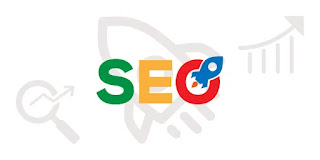Saas ERP's for SME's
So, what makes SaaS ERP so appealing to SMEs?
First, cost-effectiveness is a major advantage. Traditional on-premise ERP
systems necessitate substantial initial investments in hardware and IT
personnel. SaaS ERP, on the other hand, operates on a pay-as-you-go basis,
allowing SMEs to pay only for what they require, making it an affordable option
for small businesses.
According to Gartner, by 2025, over 50% of businesses are
expected to use cloud-based ERP, as it offers significant benefits in
scalability and flexibility. SMEs can scale their ERP solutions as they grow,
without the need for disruptive upgrades.
Second, the ease of implementation and maintenance
stands out. Unlike traditional ERP systems, which can take months to implement,
SaaS ERP solutions are designed for quick deployment, and the vendor manages
maintenance, ensuring continuous updates with no operational downtime.
Finally, accessibility and real-time insights are major benefits.
Cloud-based SaaS ERP enables employees to access the system from anywhere with
an internet connection, improving collaboration and ensuring real-time data for
decision-making.
Despite these advantages, concerns about data security and reliance on third-party vendors remain potential disadvantages. However, as cloud security advances, more SMEs are turning to SaaS ERP as a cost-effective and scalable solution for streamlining operations.
What are your thoughts on using SaaS ERP for SMEs?




Comments
Post a Comment